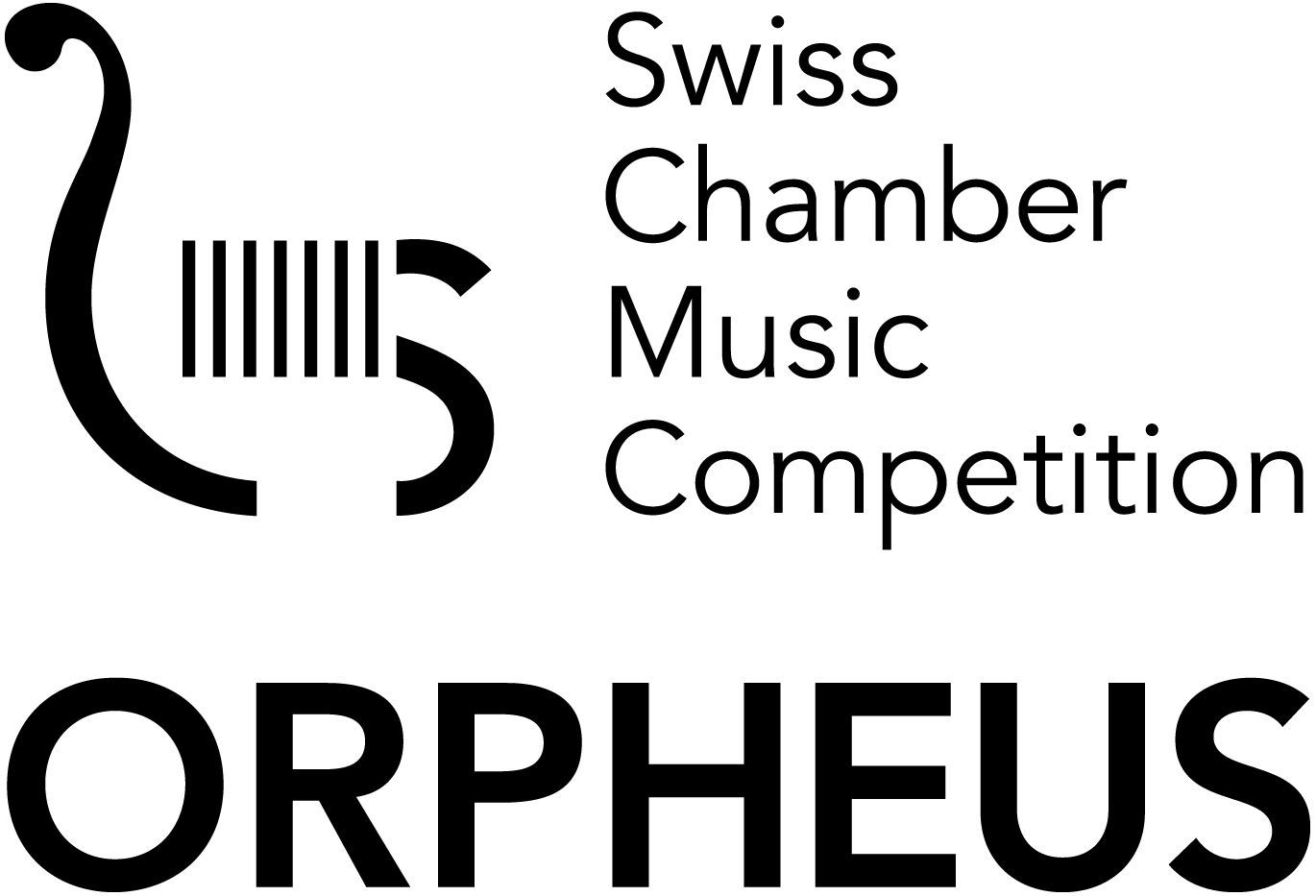Concerts 2024
The next edition of the festival will take place from February 10 to March 10, 2024. The Berner Klaviertrio and the Sinfonietta Bern will open the festival at the Zentrum Paul Klee.
We are looking forward to your visit!
Concerts 2024
Asia Ahmetjanova
Composer in residence
Saturday, February 10, 2024
Zentrum Paul Klee Bern
Marcin Grochowina Trio
Jazz at the Hotel Jardin
Saturday, February 17, 2024
Hotel Jardin Bern
Concept
Concept
The "Piano Trio Fest" in Bern is the only piano trio festival in the world. It is therefore receiving increasing attention beyond national borders. Every festival edition sets new standards, and 2024 is no exception.
In 2024 as well, we look forward to new impulses in the piano trio genre. We continue to maintain the established classical formation of the piano trio (violin, cello, and piano) but also explore other classical line-ups, such as the trio sonatas for two flutes and harpsichord.
Two ensembles have not yet been decided. Our partners HKB and ORPHEUS Swiss Chamber Music Competition will select two groups in an independent selection process by the end of 2023. The only condition is the talent and enthusiasm of the participants, who can play alongside the piano with two other instruments.
The "Piano Trio Fest" in Bern is the only piano trio festival in the world. It is therefore receiving increasing attention beyond national borders. Every festival edition sets new standards, and 2024 is no exception.
In 2024 as well, we look forward to new impulses in the piano trio genre. We continue to maintain the established classical formation of the piano trio (violin, cello, and piano) but also explore other classical line-ups, such as the trio sonatas for two flutes and harpsichord.
Two ensembles have not yet been decided. Our partners HKB and ORPHEUS Swiss Chamber Music Competition will select two groups in an independent selection process by the end of 2023. The only condition is the talent and enthusiasm of the participants, who can play alongside the piano with two other instruments.
Commissioned composition
Commissioned composition
Right from the start, the listeners can expect an art laboratory of the familiar and the unknown. Together with the composer Asia Ahmetjanova we reflect on the music history and intentions of our contemporaries: There are no “good old” composers, they were all contemporaries of their time.
This is how the author herself describes it:
“There are several possible reasons for the creation of an arrangement of an existing work. For example, on a practical level it would be enabling a version with a smaller orchestral cast. On an artistic level, it offers a new way to hear, experience, and understand the work. It might even provide an opportunity to bring the spirit of the composer's era into our own time and live it out.
Shortly after his time, Ludwig van Beethoven was referred to as a romantic or, depending on the sources, a post-romantic. Today we see him more as one of the greatest classics in Western academic music history. But who was Beethoven to himself in his time? Of course, he was a contemporary composer.
We can only analyze and reflect upon the time through our own perception. My “today” in 2023 is no more or less contemporary than Beethoven's own perception of “today” during his lifetime. This reflection arises only in connection with the world that belongs to the specified time. But has the world fundamentally become so different? The needs of humanity and the biggest doubts and problems?
What would Beethoven's “today” be in 2023? I would like to explore this with the arrangement of his Triple Concerto in C Major Op. 56. I want the orchestra to create a highly characteristic, yet sonically contemporary narrative for Beethoven, one that emphasizes the important features and intentions of the music of this concerto and extends both in terms of performance technique and content to the next 220 years.
These new elements created during this research would form into three groups that manifest and live out like three large complex instruments in my own work “220 Years” for orchestra (strings and piano).
In the concert, my own composition will be presented as a prelude before Beethoven's Concerto Op. 56, allowing a time journey with a simple motto: the intentions of artistic creation do not change, whether it is today or two centuries ago. How good we are at listening and understanding those intentions is another question.”
Asia Ahmetjanova, composer
Right from the start, the listeners can expect an art laboratory of the familiar and the unknown. Together with the composer Asia Ahmetjanova we reflect on the music history and intentions of our contemporaries: There are no “good old” composers, they were all contemporaries of their time.
This is how the author herself describes it:
“There are several possible reasons for the creation of an arrangement of an existing work. For example, on a practical level it would be enabling a version with a smaller orchestral cast. On an artistic level, it offers a new way to hear, experience, and understand the work. It might even provide an opportunity to bring the spirit of the composer's era into our own time and live it out.
Shortly after his time, Ludwig van Beethoven was referred to as a romantic or, depending on the sources, a post-romantic. Today we see him more as one of the greatest classics in Western academic music history. But who was Beethoven to himself in his time? Of course, he was a contemporary composer.
We can only analyze and reflect upon the time through our own perception. My “today” in 2023 is no more or less contemporary than Beethoven's own perception of “today” during his lifetime.
This reflection arises only in connection with the world that belongs to the specified time. But has the world fundamentally become so different? The needs of humanity and the biggest doubts and problems?
What would Beethoven's “today” be in 2023? I would like to explore this with the arrangement of his Triple Concerto in C Major Op. 56. I want the orchestra to create a highly characteristic, yet sonically contemporary narrative for Beethoven, one that emphasizes the important features and intentions of the music of this concerto and extends both in terms of performance technique and content to the next 220 years.
These new elements created during this research would form into three groups that manifest and live out like three large complex instruments in my own work “220 Years” for orchestra (strings and piano).
In the concert, my own composition will be presented as a prelude before Beethoven's Concerto Op. 56, allowing a time journey with a simple motto: the intentions of artistic creation do not change, whether it is today or two centuries ago. How good we are at listening and understanding those intentions is another question.”
Asia Ahmetjanova, composer





